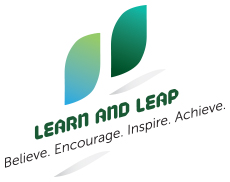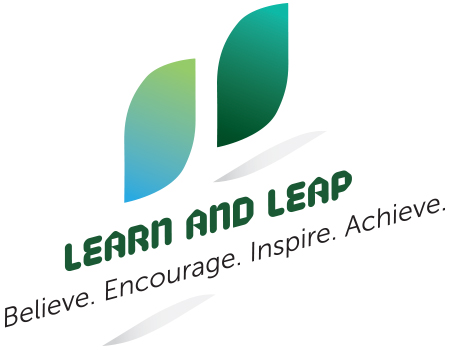
The PAL Program
The PAL Program (Phonological Awareness for Literacy) is an evidenced-based program developed by The University of Queensland, in consultation with clinical Speech Pathologists, Occupational Therapists and teachers.
PAL develops students’ phonological awareness skills and shows them explicitly how to use these skills in relation to reading and spelling. The program can be used flexibly, according to the student’s real word reading ability.
The program consists of 19 sessions, split over three stages:
- Simple words (letters/sounds, consonants, short vowels, long vowels, reading and spelling steps and strategies, support for handwriting and related concerns)
- Complex words (initial consonant clusters, final consonant clusters, magic e, advanced consonant clusters, advanced rules)
- Multi-syllabic words (pre-fixes and suffixes, 3 syllables, 4 syllables and 5 syllables, fine tune spelling skills).
Objectives of the Program
- Improve phonological awareness and its application to reading and spelling;
- Ensure automatic sound-letter links for consonants (including digraphs such as ‘th’), short vowels (e.g. ‘a’, ‘i’) and long vowels (e.g. ‘ie’, ‘oi’, ‘au’);
- Improve spelling and reading of single words, including both single syllable and multi-syllabic words;
- Address sensory-motor issues and maximise the ability of students to:
- Maintain their alertness and attention in sessions
- Maintain upright sitting postures
- Write more easily and quickly
- Create a supportive environment that empowers the student to develop their own literacy skills; create a sense of achievement, and increase motivation to continue to learn outside of the PAL sessions.
The sessions are small group, with some 1:2 activities provided. The sessions are intensive and explicit. There is a small amount of home learning required each week.
Assessments?
We undertake pre-assessments to ensure a fit to the program and to identify areas of need. Post-assessments gauge any progress made during the program and identify any areas of focus which may be recommended to schools and parents. Previous assessments should be provided at the time of registration.
Who can participate?
The program is open to primary school children who are struggling with reading and spelling. It will be especially useful for Year 2, 3 and 4 students. A learning difficulty diagnosis is not necessary, although there will be a need for some evidence of difficulties in literacy and/or language.
For further details and fee structure, please contact [email protected]

